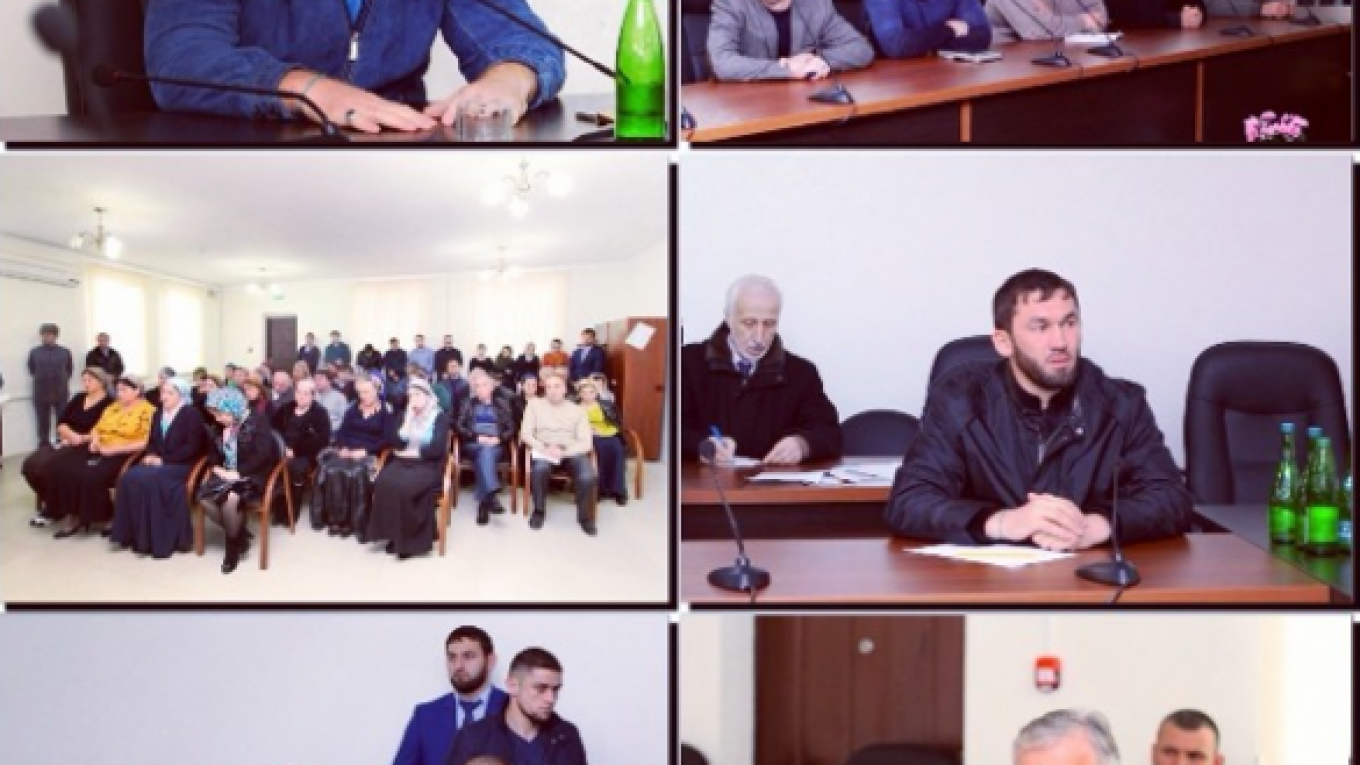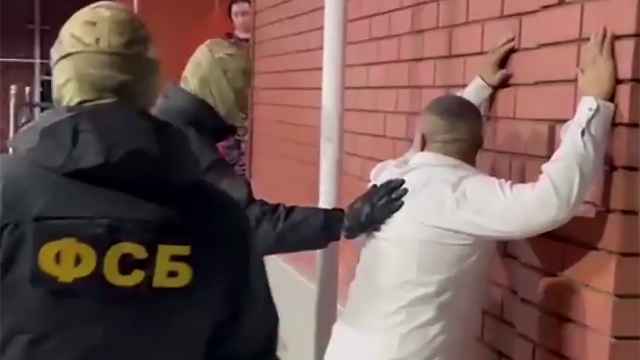Kadyrov, in announcing the ouster of Asu Dudurkayev from the head of the Chechen branch of the Federal Migration Service, said the decision had been made following public complaints that his employees are rude and use red tape to exhort bribes.
"We have came to the conclusion that Dudurkayev can no longer be entrusted with this post," Kadyrov said in a statement on his Instagram account.
But the main reason for the ouster appeared to be the fact that Dudurkayev's daughter had joined the ranks of rebels engaged in a two-year war to topple the government of Syrian President Bashar Assad. The Kremlin, scorning Western pressure, has steadfastly backed Assad in the struggle, even as it has cast a worried eye on the several hundred Russians fighting with the rebels for an Islamic state there.
The reality that the daughter of a high-ranking Chechen official is engaged in the conflict might have been too much.
"Dudurkayev, being the head of one of the most important agencies, has no moral right to speak with his employees about morality and patriotism and religion," Kadyrov said. "His own daughter is in the ranks of the Wahhabis and bandits who shed the blood of innocent civilians and blow up Islamic shrines in Syria.
"We offered to help him secure the return of his daughter, and he said he would resolve the issue on his own. But his daughter is still with the bandits," he said.
A political analyst who specializes on Chechen issues, Abdullah Istamulov, said he sympathized with Dudurkayev. "It's a sad situation. Asu Dudurkayev has left, admitting that he could not resolve the situation with his daughter," Istamulov, head of the Grozny think tank, told Vesti state television. "Woe to any father whose adult child fails to live up to his expectations."
A Message from The Moscow Times:
Dear readers,
We are facing unprecedented challenges. Russia's Prosecutor General's Office has designated The Moscow Times as an "undesirable" organization, criminalizing our work and putting our staff at risk of prosecution. This follows our earlier unjust labeling as a "foreign agent."
These actions are direct attempts to silence independent journalism in Russia. The authorities claim our work "discredits the decisions of the Russian leadership." We see things differently: we strive to provide accurate, unbiased reporting on Russia.
We, the journalists of The Moscow Times, refuse to be silenced. But to continue our work, we need your help.
Your support, no matter how small, makes a world of difference. If you can, please support us monthly starting from just $2. It's quick to set up, and every contribution makes a significant impact.
By supporting The Moscow Times, you're defending open, independent journalism in the face of repression. Thank you for standing with us.
Remind me later.






